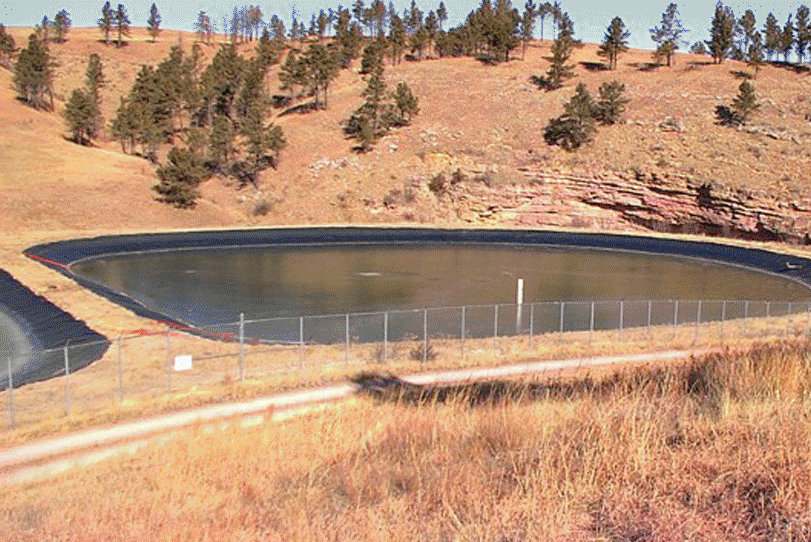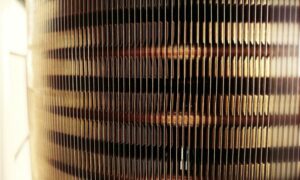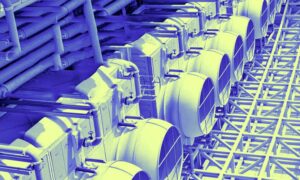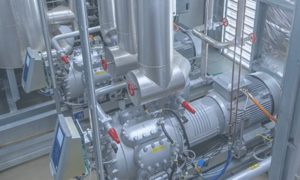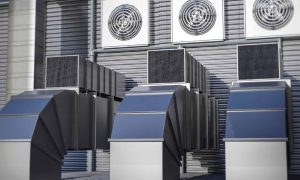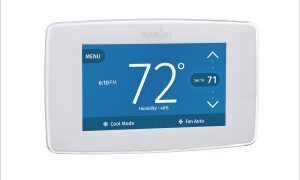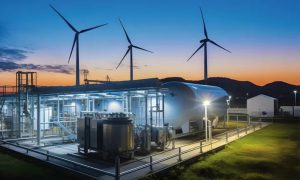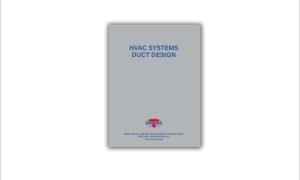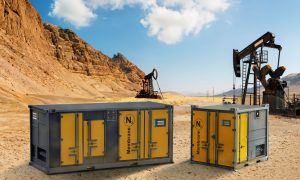One oxygen atom linked to a couple of hydrogen atoms gives us the Earth’s most valuable resource. It can be said with unwavering certainty water breathes life into our planet and is required for maintaining its life balance.
Although the little rock we call home has a lot of green and blue, much of this blue is virtually unusable. 70 per cent of the Earth’s surface is covered by water, but only 2.5 per cent of it is fresh. A major portion is saline and ocean-based and thus, unfit for human consumption. This scenario by itself is a challenge, with the population on the rise at an alarming rate. Putting things into perspective, a UN study shows that between 1900 and 2000, the increase in world population was three times greater than during the entire previous human history -an increase from 1.5 to 6.1 billion in just 100 years.
To make matters worse, a study done by UNESCO shows that globally 2 million tons of sewage is being released into these water bodies.
The effects of which are devastating to human life, flora and fauna, which depend on these resources for their survival. Contamination of water causes disruptions of food chains and destruction of ecosystems. A deadly by-product of this water pollution is the spread of water-borne diseases such as cholera, typhoid etc.
These facts by themselves establish the dire need for effective water treatment solutions that can help us tackle the predicament we have put ourselves in. Water treatment solutions help in ensuring that water is made fit for consumption and at the same time, it is not wasted. Existing and obsolete water treatment plants need to be modified so that they are better equipped to handle challenges of the current scenario.
Urbanisation in India is developing at an unprecedented rate, in turn, driving the government bodies to look for ‘effective wastewater management solutions’. Smart wastewater management systems and real-time monitoring are two broad solutions for effective wastewater management. Their establishment and operation consists of enormous scope of deploying intelligent solutions such as smart pumping solutions, efficient treatment and reuse.
Grundfos offers a broad range of equipment’s designed specifically for wastewater handling and treatment. The sustainability of a sewage treatment plant requires that the solution is durable, ensuring cost effective and trouble-free operation. Grundfos provides just that.
Smart wastewater treatment plants deploy modern technologies such as energy efficient pumps, submersible mixers, submerged aeration, equipped with remote monitoring and operation. This remote monitoring constantly feed data on operation of these equipment. In case of any deviation from defined norms, the operators are alerted immediately. Additionally, this data feed also helps in preventive maintenance and demand forecasting. Grundfos remote management is secure and cost-effective. Its internet-based system is used for monitoring and managing pump installations in commercial buildings, networks, wastewater plants, etc.
Grundfos also has a range of sewage submersible pumps that have been specifically designed for applications such as transfer of unscreened raw sewage and raw water, pumping out water high in sludge and industrial effluents. These solutions have been successfully used in treatment plants all over the world.
Grundfos solutions were chosen by DHI Denmark to treat the wastewater generated by Danish hospitals. As wastewater from hospitals contain biological and medicinal residues that ordinary sewage treatment cannot handle, a Grundfos bio-booster business unit was set up right next to the hospital to deal with the issue. This unit receives the wastewater directly from the hospital. This is then passed through the bio-membranes of Grundfos’ bio-booster. Any odours and or airborne pathogens are cleansed from the air before it is released from the closed treatment system. Sludge from the system (including any remaining pathogens) is dried on site and then transported off-site for incineration at a local incineration plant. A part of the purified water is then supplied back to the hospital where it is re-used and a part of it is directly released into the nearby Kags River. Through this plant, DHI with Grundfos has ensured that the water that was once a risk has now become a resource.
When a simple turn of a tap delivers clean, safe water to our homes, it is taken for granted, but the process that takes place right from the moment we dispose of the wastewater from our homes, offices, to the sewage plants where it is treated with a combination of processes and chemicals and once again supplied to the city, is nothing but extensive. In conclusion, such wastewater treatment plants and solutions have now become an integral part of modern life and with increasing population and lack of natural freshwater make it indispensable.
Cookie Consent
We use cookies to personalize your experience. By continuing to visit this website you agree to our Terms & Conditions, Privacy Policy and Cookie Policy.

